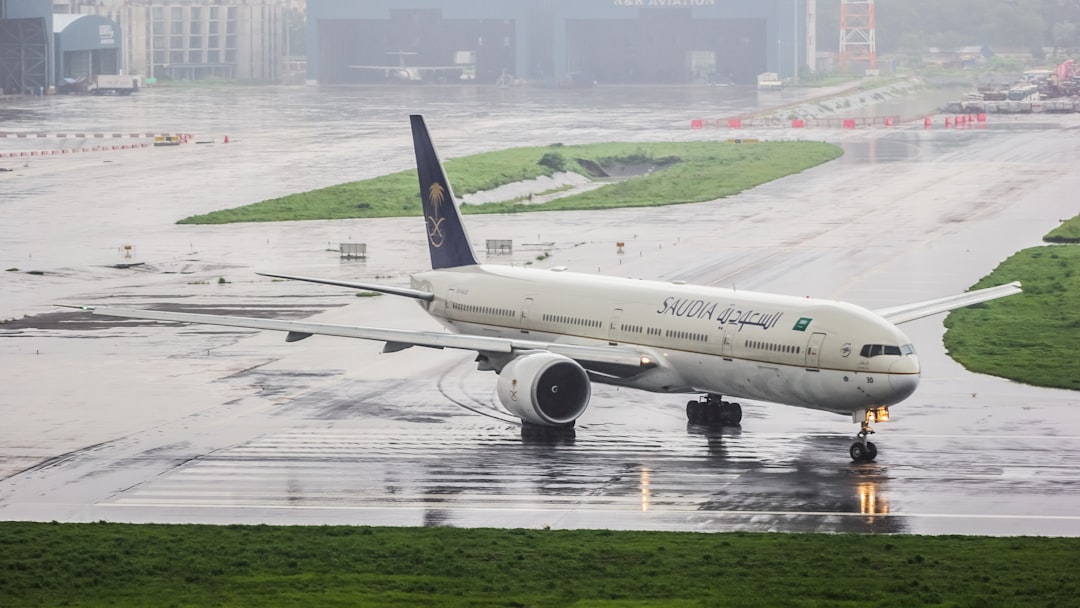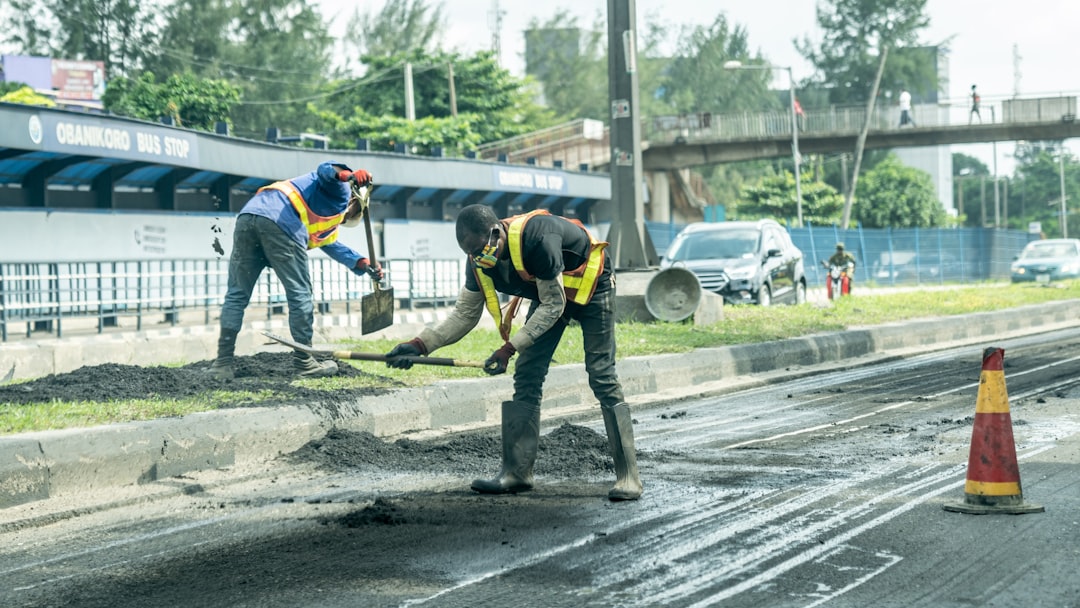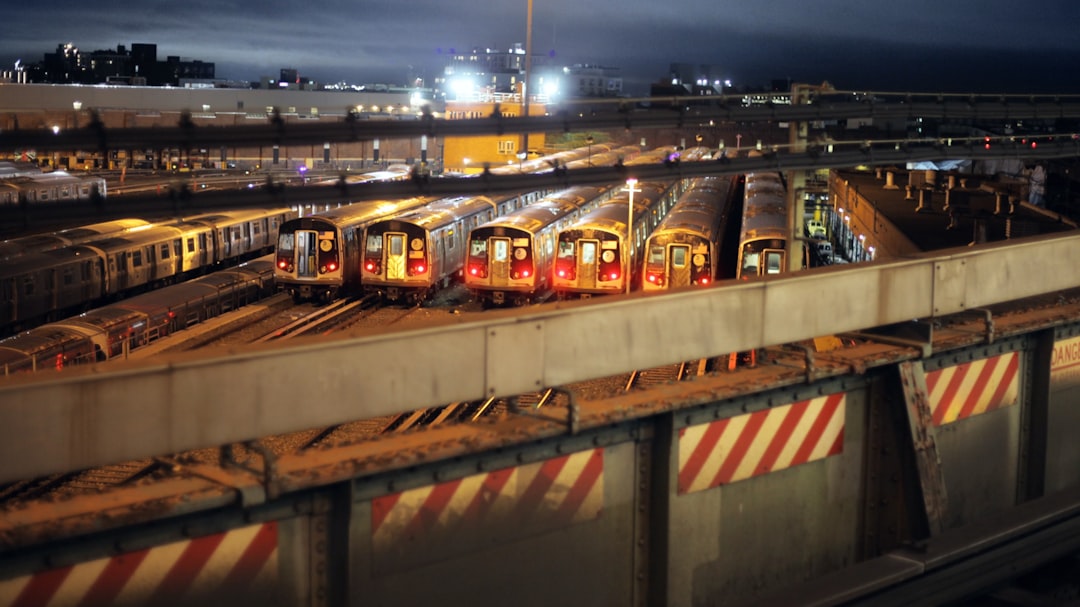Traffic Controller Shortages At Chicago — here’s what’s new, why it matters, and what to watch next.
Air Traffic Controller Shortages at Chicago O’Hare and Newark Amid Government Shutdown
Panic is escalating among travelers and aviation professionals alike as air traffic controller shortages at two major U.S. airports, Chicago O’Hare International Airport and Newark Liberty International Airport, become increasingly severe. These shortages are attributed to a government shutdown that has forced many air traffic controllers to work without pay for extended periods, leading to significant operational disruptions.
At a Glance
- Key Airports Affected: Chicago O’Hare and Newark Liberty
- Cause: Government shutdown resulting in air traffic controller shortages
- Impact: Flight delays, cancellations, and heightened traveler anxiety
- Current Situation: Controllers are working extended hours without compensation
Background & Timeline
The Government Shutdown
In early October 2025, the U.S. government entered a shutdown phase after Congress failed to reach an agreement on budgetary allocations. As a result, non-essential government services were halted, and many federal employees were furloughed, including those in critical sectors such as air traffic control.
This shutdown came at a time when air travel was already experiencing high demand due to post-pandemic recovery. With fewer controllers available to manage air traffic, airports across the nation began to see the repercussions almost immediately. Chicago O’Hare and Newark, both among the busiest in the country, quickly became focal points for the crisis.
Initial Reports
By October 6, reports surfaced of significant delays and cancellations at O’Hare and Newark. Travelers began to express frustration and anxiety as they faced long lines and uncertainty about their flights. The Federal Aviation Administration (FAA) confirmed that the staffing shortages were directly linked to the shutdown, stating that the number of controllers available to manage flights had diminished significantly.
What’s New
As of October 7, air traffic controllers at key locations like Chicago and Newark are reportedly working shifts that extend beyond 24 hours without pay. This situation has raised alarms regarding the safety and efficiency of air travel operations. The FAA has issued warnings that the current staffing levels may not be sufficient to maintain normal operations, raising the specter of additional flight cancellations and increased wait times.
Transportation Secretary Pete Buttigieg addressed the situation in a press conference, stating, “The safety of our air travel system is our top priority, and we are actively working with the FAA to mitigate the impact of this shutdown.” However, his reassurances have done little to alleviate the anxiety felt by travelers.
Why it Matters
The repercussions of air traffic controller shortages extend beyond mere inconveniences for travelers. The operational integrity of the nation’s air travel system is at stake, with potential safety risks if controllers are overworked and fatigued. Experts in aviation safety have expressed concerns that prolonged shifts could lead to errors in judgment, increasing the risk of accidents.
Moreover, the economic implications cannot be overlooked. Airlines have begun to experience financial strain due to unexpected cancellations and delays, which could lead to a ripple effect throughout the travel industry. Businesses relying on timely travel for commerce and trade are also feeling the pinch, further highlighting the interconnectedness of air travel and the broader economy.
What to Watch Next
As the government shutdown continues, travelers should remain vigilant regarding updates from airlines and the FAA. It is advisable to check flight statuses frequently and to be prepared for possible changes in itineraries. Additionally, industry observers will be monitoring how both Congress and the administration respond to the crisis in the coming days. Potential legislative efforts to resolve the budget impasse may emerge, which could alleviate some of the pressures faced by air traffic control operations.
Furthermore, the situation at O’Hare and Newark may serve as a precursor for other airports across the country, as the staffing issues could spread if the shutdown persists. Stakeholders in aviation, government, and the economy will be watching closely to see how this situation develops.
FAQ
Q: How long do air traffic controllers typically work?
A: Air traffic controllers usually work shifts that can last anywhere from 8 to 10 hours, but extended hours can occur during staffing shortages.
Q: What are the potential safety risks of overworked air traffic controllers?
A: Overworked controllers may experience fatigue, which could lead to impaired judgment and increased risk of errors in air traffic management.
Q: How does a government shutdown impact air traffic control operations?
A: A government shutdown can lead to staffing shortages as controllers may be furloughed or required to work without pay, affecting the overall capacity to manage air traffic.
Q: What should travelers do if their flight is delayed or canceled?
A: Travelers should stay informed by checking their airline’s website or app for updates and consider alternative flight options if necessary.
Q: When is the government expected to resolve the shutdown?
A: The timeline for resolving a government shutdown is uncertain and depends on negotiations among lawmakers. Travelers should stay tuned for updates.
Q: How can I contact my airline during this crisis?
A: Most airlines have dedicated customer service lines, and many offer support through their websites and mobile apps, especially during disruptions.
Takeaways
The air traffic control shortages at Chicago O’Hare and Newark symbolize a larger systemic issue affecting air travel due to the ongoing government shutdown. As travelers navigate through this challenging period, the focus on safety and operational efficiency remains paramount. The situation serves as a reminder of the complexities within the aviation system and the far-reaching implications of government actions on everyday life.
Sources & Credits: Reporting synthesized from multiple reputable outlets and official releases.
Read our related coverage for more on Traffic Controller Shortages At Chicago.
For context and confirmations, see reputable wires like Reuters or AP News.
Source: Original Source. Reporting synthesized from multiple reputable outlets and official releases.
For deeper analysis on Traffic Controller Shortages At Chicago, explore more reports and explainers on Insurance Rate Expert.













